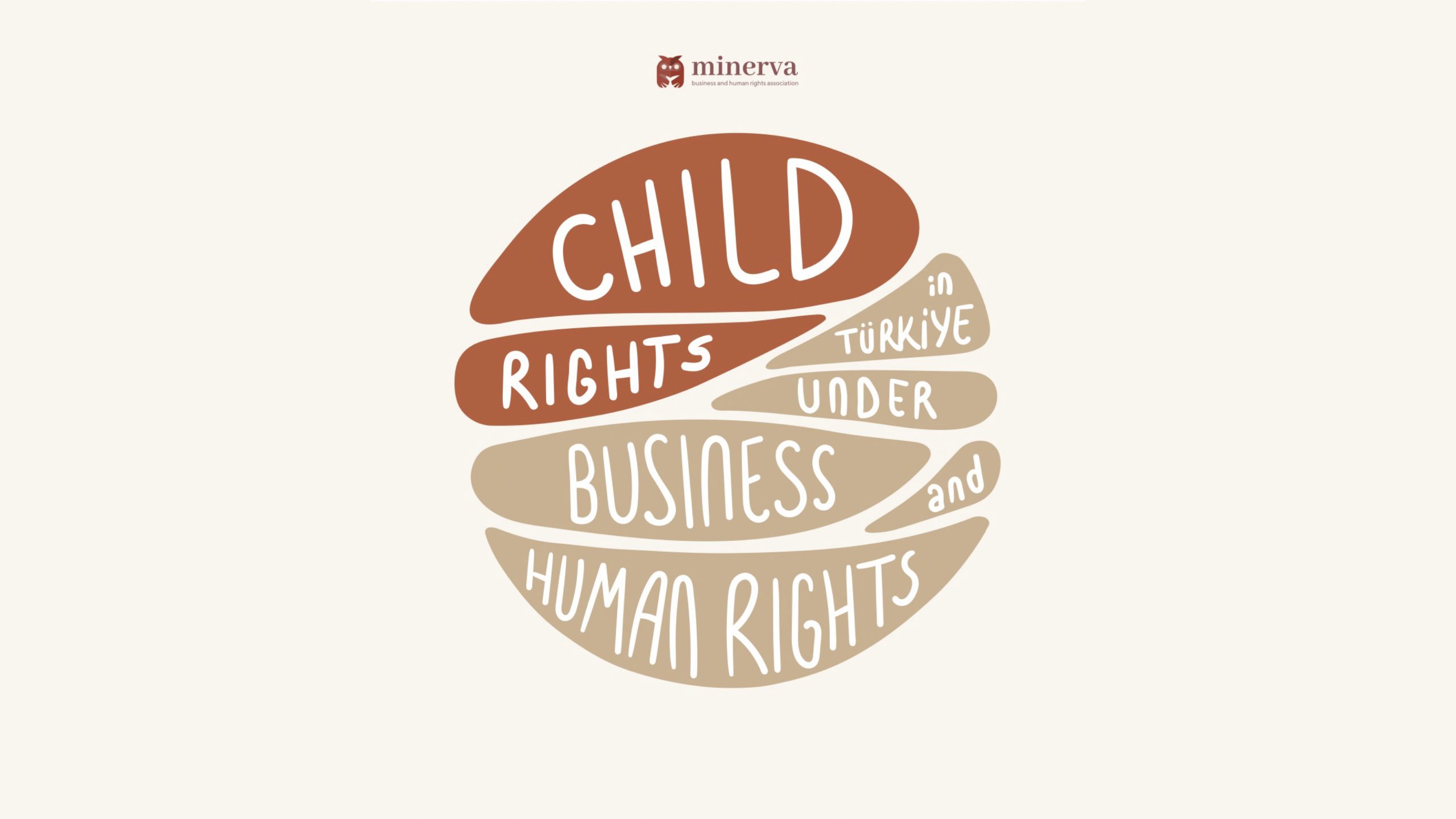Although the existing legal regulations in Türkiye provide a legal basis for the prevention of child labour, it continues to persist in Türkiye. This is due to several complex factors, including poverty, inequalities in access to education, rural-urban and irregular migration, unemployment, and the economic recession resulting in attempts to reduce employment costs.
An important aspect of BHRTR’s mission revolves around the monitoring, reporting and policy development on child labour in various sectors. In complement to reporting, BHRTR actively engages with stakeholders to raise awareness, implement preventive strategies and prevent exploitative practices associated with child labour.





